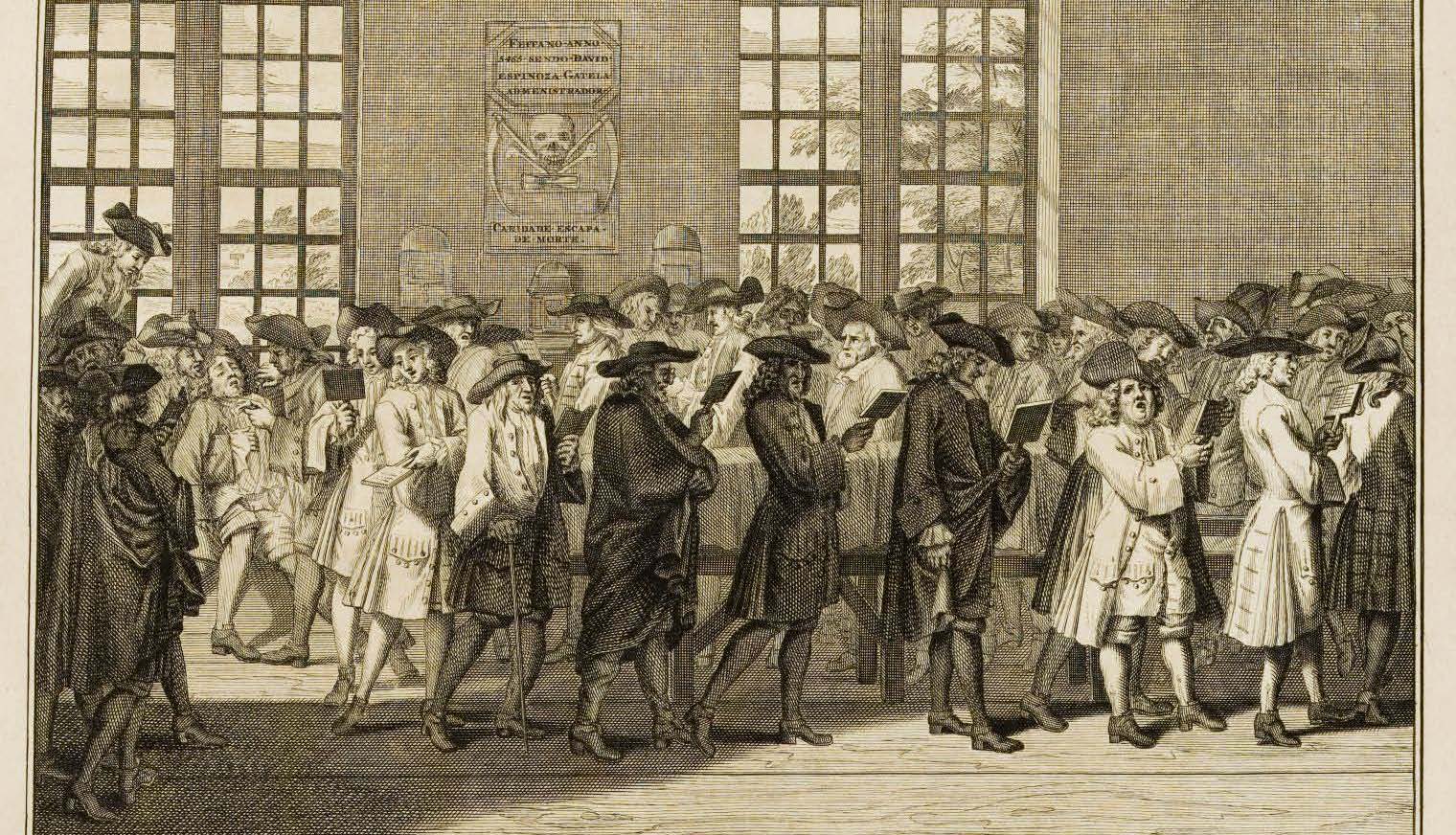These people were called Sugar Jews.. This is well documented in the archives of Brazil and Amsterdam Holland.. that includes property records, ship's names and cargo. Marriages births etc.
When they fled north to New Amsterdam they took some of their slaves with them

 middleeastfacts2015.blogspot.com
middleeastfacts2015.blogspot.com
RECIFE, city in northeast Brazil, capital of the state of Pernambuco; population: 1,486,869 (2004); Jewish population estimated at 1,300.
Colonial Period
When Recife became a prosperous center for sugar production in the 16th and 17th centuries, Portuguese New Christians were already living in the city and its environs and in many regions of the Brazilian Nordeste (North East). They worked mainly in sugar production and commerce. The significant number of New Christians in Recife took part in a variety of activities, and some bound themselves through intermarriage to prestigious Old Christian families.
The Inquisition dispatched an official inspector (visitator) and an inquisitional commission was established in 1593–1595 in Olinda, the port of Recife. New Christians were tried and arrested; some were taken to Lisbon and handed over to the inquisitional tribunal. After the inspector had left, surveillance of New Christians was continued by the bishop of Brazil, with the assistance of the local clergy. Thus the New Christian Diego Fernandez, husband of Branca Dias, was accused by the Inquisition of being a "Judaizer" and of keeping an "esnorga," a secret place to pray.
Two New Christian writers lived in Recife and stood out in the colonial period with works that reveal elements of Jewish expression: Bento Teixeira, author of Prosopopéia – one of the most important Portuguese-Brazilian colonial poems – published in Lisbon on 1601, and Ambrósio Fernandes Brandão, author of Diálogos das Grandezas do Brasil, in 1618.
Dutch Period
The first organized Jewish community in Brazil was established in Recife during the period of Dutch colonial occupation (1630–1654) that brought Jews among other Dutch colonists and permitted religious freedom. The West India Company came to Brazil attracted by the sugar plantations and more than 120 engenhos (sugar mills) in Pernambuco.
In 1636–1640 the Dutch Jews founded the first Brazilian synagogue in Recife, the first on American soil: Kahal Kadosh Ẓur Israel. Later they founded the synagogue Kahal Kadosh Magen Abraham in Maurícia. Both were unified in 1648, with the signatures of 172 members both from Recife and Maurícia.
The Jewish community was very well organized along the same lines as the mother community in Amsterdam. Ẓur Israel maintained a synagogue, the religious schools Talmud Torah and Eẓ Ḥayim, and a cemetery. In Recife there was a "Rua dos Judeus" (Jodenstraat or Jewish street) in 1636.
continued
When they fled north to New Amsterdam they took some of their slaves with them
Jewish Arrival to New Amsterdam 1654
Jewish Arrival to New Amsterdam 1654 RECIFE RECIFE , city in northeast Brazil, capital of the state of Pernambuco; population: 1,486...
RECIFE, city in northeast Brazil, capital of the state of Pernambuco; population: 1,486,869 (2004); Jewish population estimated at 1,300.
Colonial Period
When Recife became a prosperous center for sugar production in the 16th and 17th centuries, Portuguese New Christians were already living in the city and its environs and in many regions of the Brazilian Nordeste (North East). They worked mainly in sugar production and commerce. The significant number of New Christians in Recife took part in a variety of activities, and some bound themselves through intermarriage to prestigious Old Christian families.
The Inquisition dispatched an official inspector (visitator) and an inquisitional commission was established in 1593–1595 in Olinda, the port of Recife. New Christians were tried and arrested; some were taken to Lisbon and handed over to the inquisitional tribunal. After the inspector had left, surveillance of New Christians was continued by the bishop of Brazil, with the assistance of the local clergy. Thus the New Christian Diego Fernandez, husband of Branca Dias, was accused by the Inquisition of being a "Judaizer" and of keeping an "esnorga," a secret place to pray.
Two New Christian writers lived in Recife and stood out in the colonial period with works that reveal elements of Jewish expression: Bento Teixeira, author of Prosopopéia – one of the most important Portuguese-Brazilian colonial poems – published in Lisbon on 1601, and Ambrósio Fernandes Brandão, author of Diálogos das Grandezas do Brasil, in 1618.
Dutch Period
The first organized Jewish community in Brazil was established in Recife during the period of Dutch colonial occupation (1630–1654) that brought Jews among other Dutch colonists and permitted religious freedom. The West India Company came to Brazil attracted by the sugar plantations and more than 120 engenhos (sugar mills) in Pernambuco.
In 1636–1640 the Dutch Jews founded the first Brazilian synagogue in Recife, the first on American soil: Kahal Kadosh Ẓur Israel. Later they founded the synagogue Kahal Kadosh Magen Abraham in Maurícia. Both were unified in 1648, with the signatures of 172 members both from Recife and Maurícia.
The Jewish community was very well organized along the same lines as the mother community in Amsterdam. Ẓur Israel maintained a synagogue, the religious schools Talmud Torah and Eẓ Ḥayim, and a cemetery. In Recife there was a "Rua dos Judeus" (Jodenstraat or Jewish street) in 1636.
continued


